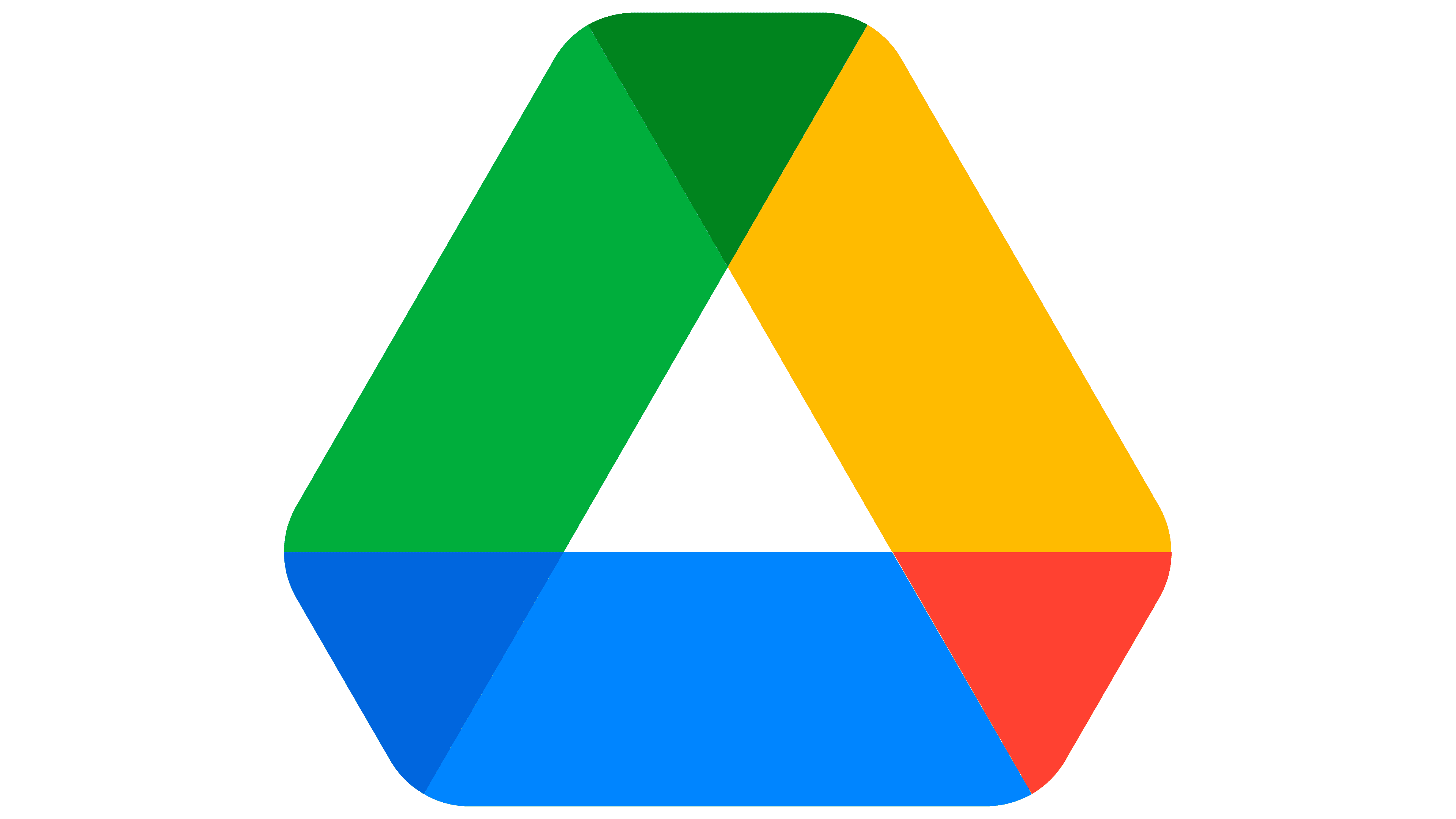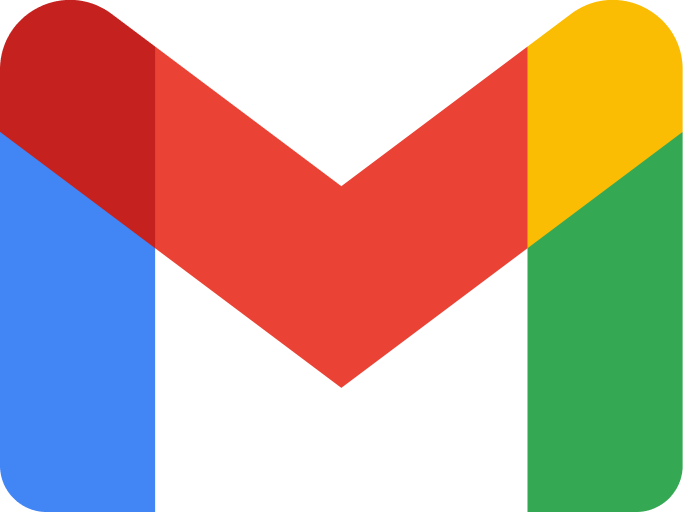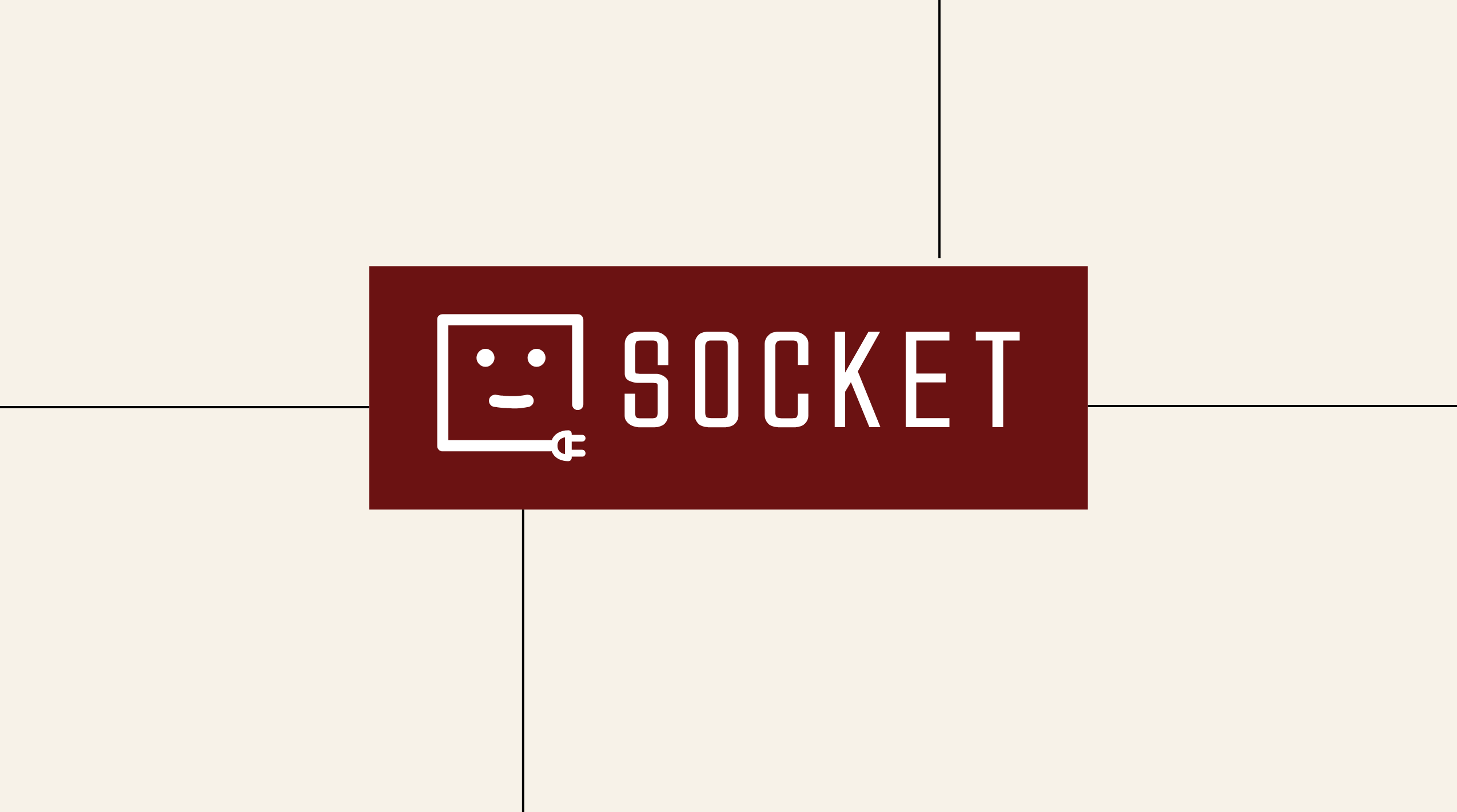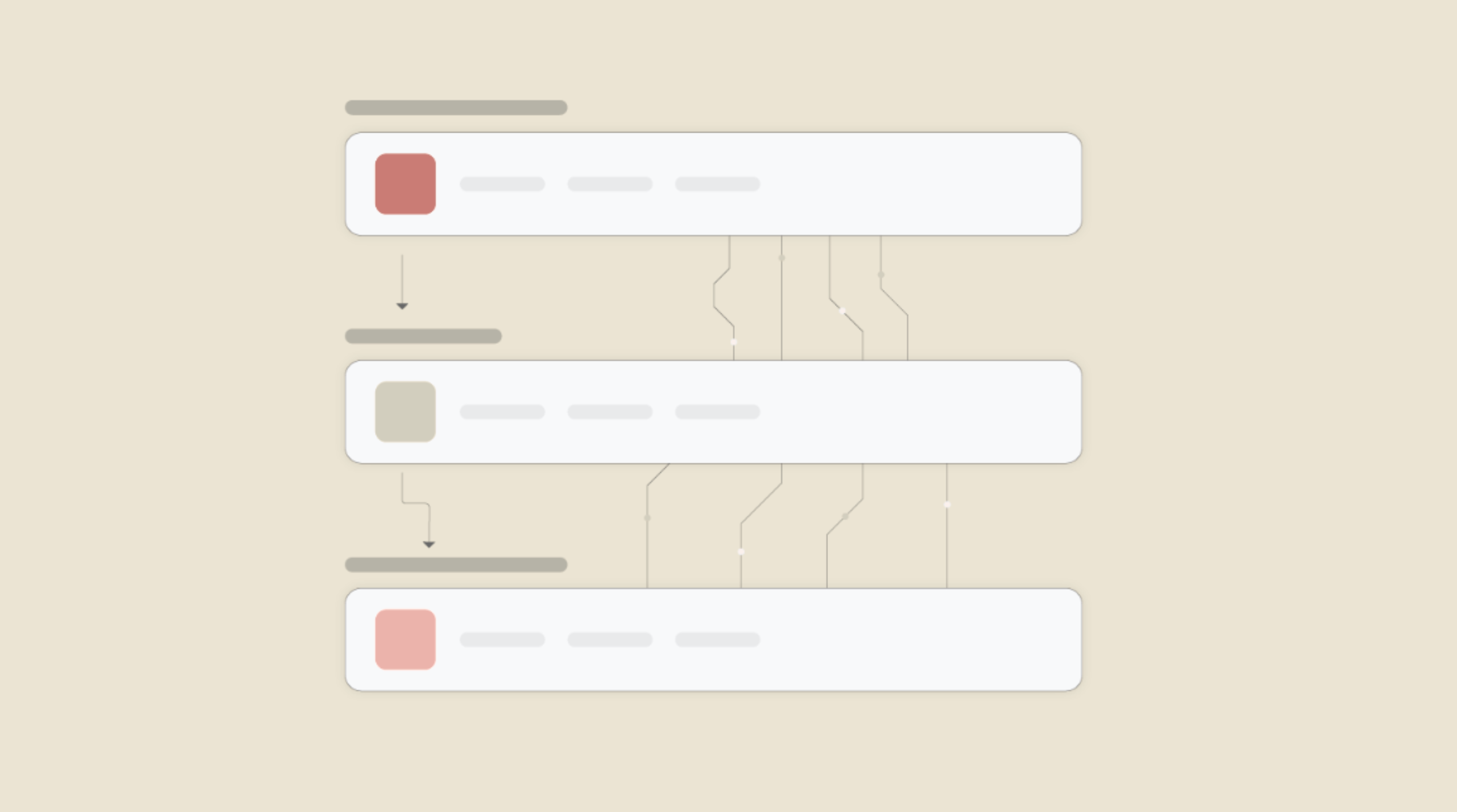Connect Google Drive and Unify to Build Intelligent Automations
Choose a Trigger

When this happens...

New or Updated File in specific folder
Choose an Action

Automatically do this!

Create Assistant

Update an Assistant

Delete an Assistant

Create Project

Rename Project

Creates Context

Delete Context

Rename Context

Create Context Artifacts

Create Log

Add a call recording for an assistant

Delete a recording

Create a new voice record

Create Favorite

Updater Favorite

Delete a Favorite

Delete a Project

Rename a Project

Create Artifacts

Delete an Artifact
Ready to use Google Drive and Unify automations
Explore more automations built by businesses and experts
Automate Instagram Comment Replies with Smart DMs
- text is ai
 ReplytoComment
ReplytoComment Send a Private ReplyAdd Step
Send a Private ReplyAdd Step - Is guide comment
 ReplytoComment Guide
ReplytoComment Guide Send a Private Reply GuideAdd Step
Send a Private Reply GuideAdd Step - multi keyword matchcmntdqJzLMYS
 ReplytoCommentMultiKeywordAdd Step
ReplytoCommentMultiKeywordAdd Step
Automate Expense Report Approvals via Slack & QuickBooks
- Send for Approval accept
 Create Entry of expensesAdd Step
Create Entry of expensesAdd Step - Send for reject
 Mail for RejectionAdd Step
Mail for RejectionAdd Step
Automate Instagram DM Replies, Reactions, and Team Alerts
- has response
 SendDMMessageAdd Step
SendDMMessageAdd Step - Notify team
 SendMailAdd Step
SendMailAdd Step - has react
 SendDMMessage ReactAdd Step
SendDMMessage ReactAdd Step
Actions and Triggers
When this happensTriggers
A trigger is an event that starts a workflow.
New or Updated File in specific folder
Return files that were created or modified in a specified Google Drive folder within the configured time window.
New Assistant
Triggers when a new assistant is created.
New Queries
Triggers when a new query is created.
New Interface
Triggers when a new interface is created in a specific project.
Interface Checkpoint Created
Triggers when a interface checkpoint is created.
New Tab
Triggers when a new tab is created in a specific interface.
Do thisActions
Action is the task that follows automatically within your Google Drive integrations.
Create a new sheet or doc or slide
Create a new Google Docs document, Sheet, or Slide in Google Drive and optionally save it to a chosen folder.
Create a Folder
Create a new folder in Google Drive. Optionally specify a parent folder to place it inside.
Share a File
Grant a specific user or anyone access to a Google Drive file as Viewer, Commenter, or Editor.
Copy a File
Make a copy of a Google Drive file into a selected folder, optionally giving it a new name.
Get all Files
Retrieve a list of Google Drive files, optionally limiting the number returned and filtering by file type (MIME).
Share a file with Anyone
Make a Google Drive file accessible to anyone via a shareable link. Choose access level (viewer/commenter/editor) and get the file's view and download/export links.
Know More About Google Drive and Unify Integrations

How viaSocket Works | A Complete Guide
Gain insights into how viaSocket functions through our detailed guide. Understand its key features and benefits to maximize your experience and efficiency.

5 Simple Automation Hacks to Make Your Team Free
Unlock your team's potential with 5 straightforward automation hacks designed to streamline processes and free up valuable time for more important work.

What is Workflow Automation - Definition, Importance & Benefits | A Complete Guide
Workflow automation is the process of using technology to execute repetitive tasks with minimal human intervention, creating a seamless flow of activities.
Frequently Asked Questions
To start, connect both your Google Drive and Unify accounts to viaSocket. Once connected, you can set up a workflow where an event in Google Drive triggers actions in Unify (or vice versa).
Absolutely. You can customize how Google Drive data is recorded in Unify. This includes choosing which data fields go into which fields of Unify, setting up custom formats, and filtering out unwanted information.
The data sync between Google Drive and Unify typically happens in real-time through instant triggers. And a maximum of 15 minutes in case of a scheduled trigger.
Yes, viaSocket allows you to add custom logic or use built-in filters to modify data according to your needs.
Yes, you can set conditional logic to control the flow of data between Google Drive and Unify. For instance, you can specify that data should only be sent if certain conditions are met, or you can create if/else statements to manage different outcomes.
About Google Drive
Google Drive is Google's file sync app that lets you store all of your files online alongside your Google Docs documents, and keep them synced with all of your devices.
Learn MoreAbout Unify
Unify is a cutting-edge platform that leverages artificial intelligence to streamline and enhance various business processes. It offers tools and solutions that integrate AI capabilities into existing workflows, enabling businesses to optimize operations, improve decision-making, and drive innovation.
Learn More